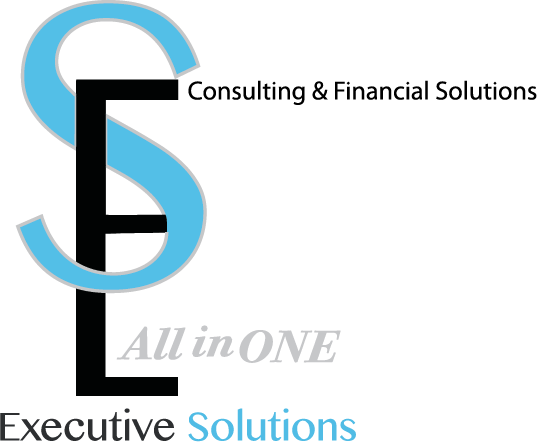Common questions and answers about Factoring (Also known as “accounts receivable financing”).
Factoring Overview
Factoring is a transaction in which a business sells its account receivables, or invoices, to a third party commercial financial company, also known as a “factor”. This is done so that the business, can receive cash more quickly than it would by waiting 30 to 60 days for a customer payment. Factoring is sometimes called “accounts receivable financing”. The terms and nature of factoring can differ among various Industries and financial services providers. Most factoring companies will purchase your invoices and advance you money within 24 hours. The advance rate can range from 80% to as much as 95% depending on the industry, your customers’ credit histories and other criteria. The factor also provides you back office support. Once it collects from your customers, the factor pays you the reserve balances of the invoices, minus a fee for assuming the collection risk. The benefit of factoring is that, instead of waiting one to two months for a customer payment, you now have that cash in hand to operate and grow your business. Factoring is not a loan. No debt is assumed by factoring. The funds are unrestricted, providing a company more flexibility than with a traditional bank loan.
Factoring in Five Simple Steps
- You perform a service for your customer.
- You send your invoice to a factoring company.
- You receive a cash advance on your invoice from the factoring company.
- The factoring company collects full payment from your customer.
- The factoring company pays you the rest of your invoice amount, minus a fee.
What are the Advantages of Factoring?
There are several reasons why factoring is a valuable financial tool for many businesses. The key benefit is that factoring provides a quick boost to your cash flow. Many factoring companies provide cash on your accounts receivable within 24 hours. This can solve short-term cash flow issues and help fuel the growth of your business. Factoring companies handle your customer collections, and many also evaluate your customer’s and payment histories.
Some other major benefit include:
- Factoring can be customized and managed so that it provides necessary capital when your company needs it.
- The financing does not show up on your balance sheet as debt.
- Factoring is based on the quality of your customers’ credit, not your own credit or business history.
- Factory provides a line of credit based on sales, not your company’s net worth.
- Unlike a conventional loan, factoring has no limit to the amount of financing.
- Factoring aligns well with start-up businesses that need immediate cash flow.
No, it actually goes back several centuries. The origin of factoring lies in overseas trade among nations. It became a part of doing business in England as early as the 1400s, and came to America with the Pilgrims in 1620. Like all financial tool, factoring has evolved over the years. It grew in the United States as an effective way for companies to build move cash flow, due to limitations companies faced securing loans in the nations’ fragmented banking system.
Who factors?
Companies of all sizes, from one- person business to Fortune 500 corporations, use factoring as a way to increase their cash flow. Factoring spans all industries, including trucking, transportation manufacturing and distribution, textiles, oil and gas, and staffing agencies. Companies use the cash generated from factoring to pay for inventory, buy new equipment, add employees, expand operations – basically and expenses related to their business. Factoring allows a company to make quicker decisions and expand at a faster pace.


